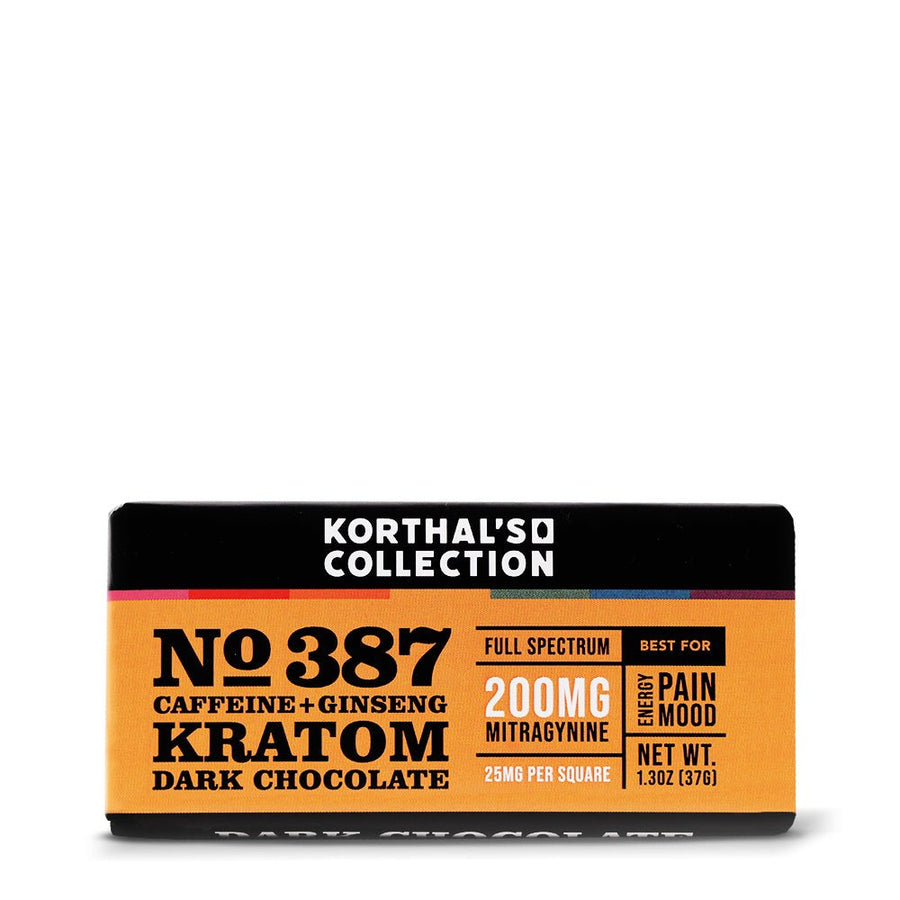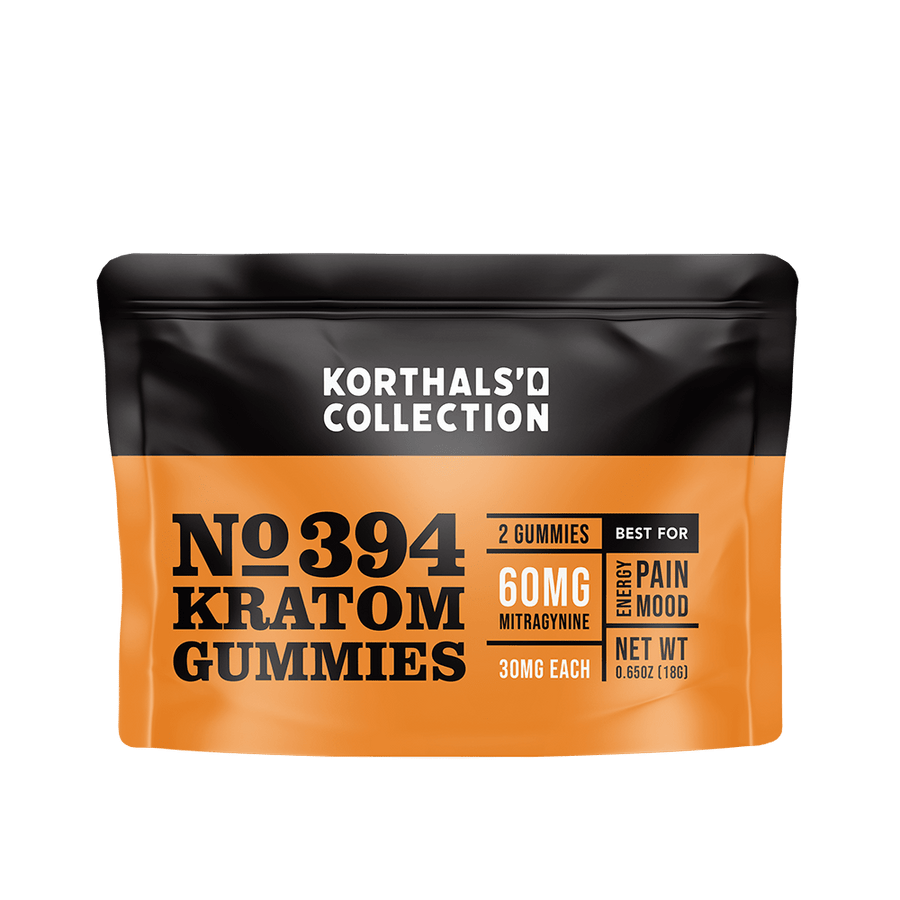Embark on a fascinating exploration into the realm of alternative wellness as we delve into the captivating world of CBD. In the ever-evolving landscape of holistic health, CBD oil has emerged as a beacon of hope, especially when it comes to addressing the age-old challenge of muscle pain. This blog is your passport to understanding the potential synergy between CBD and muscle discomfort, unpacking the scientific intricacies behind this dynamic relationship.
Derived from the hemp plant, cannabidiol (CBD) has become a celebrated non-psychoactive compound renowned for its multifaceted health benefits. Studies say that it may support joint pain and muscle soreness, making it a promising contender for those seeking natural solutions to alleviate muscle discomfort.
Join us on this enlightening journey where we unravel the mysteries of CBD's mechanisms, exploring the scientific foundations that underpin its reputation as a potential remedy for muscle pain. As we pose the question, "Does it really work?" we'll navigate through the nuances, separating fact from fiction, and arming you with knowledge to make informed decisions about integrating CBD into your wellness routine. Get ready to discover the intriguing interplay between CBD and muscle pain – a conversation that could redefine your approach to well-being.
Understanding CBD and Its Mechanisms
CBD is one of over 100 cannabinoids found in the Cannabis plant. Unlike its cousin THC (tetrahydrocannabinol), CBD does not produce the euphoric "high" commonly associated with cannabis use. Instead, it interacts with the endocannabinoid system (ECS), a complex cell-signaling system found in the human body that plays a crucial role in regulating various physiological processes, including pain perception.
The ECS comprises cannabinoid receptors (CB1 and CB2), endocannabinoids produced by the body, and enzymes responsible for their breakdown. CBD interacts with these receptors, influencing the endocannabinoid system to potentially modulate pain signals, and promote overall balance.
Scientific Studies on CBD and Pain
Several scientific studies have investigated the potential of CBD in managing pain, and while the results are promising, it's important to note that research in this field is still in its early stages. A 2018 review published in the "Frontiers in Pharmacology journal" analyzed numerous studies on CBD's impact on chronic pain and concluded that CBD demonstrated significant potential for managing various types of pain, including neuropathic, inflammatory, and cancer-related pain.
Moreover, a study published in the "European Journal of Pain" in 2020 explored the effects of transdermal CBD on pain and inflammation in rats with arthritis. The findings suggested that CBD may offer therapeutic potential for arthritis pain without evident side effects.
Clinical trials and research are ongoing, aiming to further establish the efficacy and safety of CBD for pain relief in humans. It's important to acknowledge that individual responses to CBD may vary, and more comprehensive studies are needed to draw definitive conclusions.
Types of Pain CBD May Address
- Chronic Pain: Chronic pain conditions, such as arthritis, fibromyalgia, and lower back pain, are often challenging to manage. Some individuals turn to CBD oil as a potential complementary approach to alleviate persistent discomfort. Chronic pain, often lasting for weeks, months, or even years, can stem from various conditions such as arthritis, fibromyalgia, or injury. Traditional pain management approaches, including pharmaceuticals, come with side effects and limitations. Enter CBD, a natural compound that has gained traction for its potential to address chronic pain without the drawbacks of conventional solutions.
- Neuropathic Pain: Neuropathic pain, caused by damage or dysfunction of the nervous system, can be debilitating. Early research suggests that CBD may have neuroprotective properties and could potentially alleviate neuropathic pain. Neuropathic pain, often characterized by its unique challenges, presents a complex puzzle that traditional remedies struggle to solve. Here, CBD steps into the limelight, with proponents praising its ability to navigate the intricacies of neuropathic discomfort.
- Inflammatory Pain: Inflammation is a common factor in various pain conditions. CBD's anti-inflammatory properties may contribute to reducing inflammation and, consequently, alleviating associated pain. Inflammatory pain, a common protagonist in the narrative of discomfort, arises from various sources such as injuries, chronic conditions, or strenuous physical activity. The question that echoes in the minds of many is whether CBD and muscle pain can relate where CBD being a compound derived from the hemp plant, but it holds the key to alleviating this specific type of pain.
- Cancer-Related Pain: Individuals undergoing cancer treatment often experience pain as a side effect of the disease or its treatment. Some studies suggest that CBD may help manage cancer-related pain and improve the quality of life for cancer patients.
Considerations and Caveats
- Dosage and Individual Variation: Determining the right CBD products can help for pain relief can be challenging, as individual responses vary. Factors such as body weight, metabolism, and the severity of the pain condition can influence the effectiveness of CBD. It is advisable to start with a low amount.
- Quality of CBD Products: The market is flooded with various CBD products, ranging from CBD oils and tinctures to capsules and topical creams. It's crucial to choose high-quality, reputable products from trusted manufacturers to ensure purity and potency. Third-party lab testing can provide transparency regarding the product's composition.
- Potential Side Effects: While CBD is generally well-tolerated, some individuals may experience side effects. It's essential to be aware of these potential side effects and consult with a healthcare professional if any adverse reactions occur.
- Interactions with Medications: CBD may interact with medications, especially those metabolized by the liver. It's crucial to inform your healthcare provider about any CBD supplementation to avoid potential drug interactions.
Wrapping Up:
The exploration of CBD oil for pain management is an exciting and evolving area of research. While scientific evidence suggests promising results, it's important to approach CBD as part of a holistic pain management strategy and under the guidance of healthcare professionals. As the body of research continues to grow, CBD oil may emerge as a valuable tool in the quest for effective and natural pain relief. However, it's essential to stay informed, make informed choices, and consult with healthcare professionals for personalized advice on incorporating CBD into your pain management regimen.
Let CBD Kratom be your guide
Stop by one of our 60+ locations throughout Chicago, Dallas, Houston, New York City, Philadelphia, and St. Louis, and let our Doyens help you explore your oil options. You can also shop online and schedule some one-on-one time with one of our experts from the comfort of your home.

























































